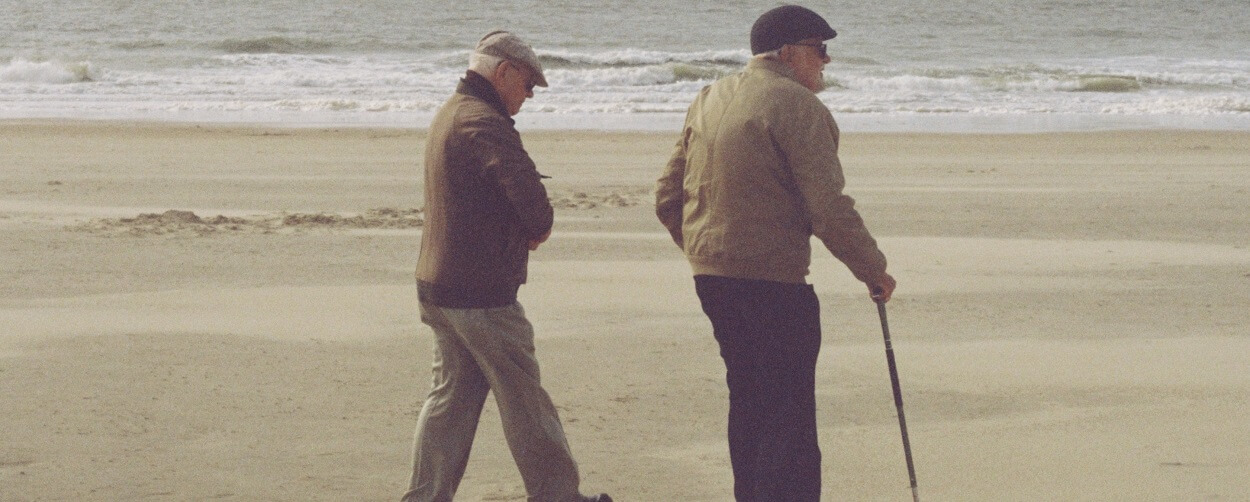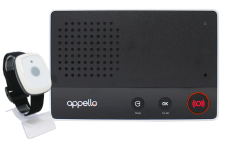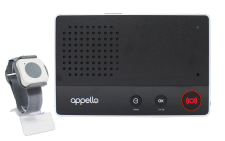Many of us take our mobility for granted. However, ageing and medical conditions can mean we end up experiencing mobility difficulties. Though people with disabilities can continue to live happy, independent lives, there are ways you can support loved ones with mobility problems.
In this article, we explore some of the ways you can help, without compromising your loved ones’ independence.
What Causes Mobility Difficulties?
There are numerous factors in a person’s life that can lead to mobility difficulties. From diseases that slowly reduce your range of movement, to sudden accidents that leave you with lifechanging injuries, mobility could be reduced for any reason.
Neurological Conditions
Some conditions affecting the nerves and brain can result in mobility difficulties. These are usually referred to as mobility disorders. Some may cause increased, often involuntary movements. Conditions that can impede mobility, however, include:
- Ataxia
- Parkinson’s Disease
- Multiple System Atrophy (MSA)
Obesity
If someone is overweight, they are more likely to put strain on their joints. This can contribute to an increased likelihood of mobility difficulties. Moreover, an accumulation of fat can make it more difficult to use a normal range of motion. Fortunately, healthy living can help to improve mobility.
Ageing
As we go through life, we naturally put strain on our joints and muscles. In later life, this can lead to the development of conditions such as arthritis. The way our body absorbs nutrients also changes, which can increase the likelihood of developing conditions such as osteoporosis. This can make you or your loved ones more likely to develop mobility difficulties.
Injuries
Mobility difficulties can also be caused by injuries, such as after a fall. Some may result in temporary problems, such as a sprained ankle, whereas some injuries can lead to long-term mobility difficulties. If an injury is the cause of a mobility difficulty, it’s important not to make it worse.
Fall Detector Alarms
If your loved one is worried about falls, a fall detector alarm pendant can provide extra peace of mind around the home. The pendant uses an advanced system to sense a hard fall. Alternatively, it can be activated at the press of a button. When the alarm is activated, our Care Team arrange help on your loved one’s behalf by alerting emergency contacts that support is needed.
Supporting Loved Ones with Mobility Difficulties
Living with mobility difficulties can be a challenging experience for your loved ones. No one wants to feel like they can’t do things on their own. Therefore, it is important that you don’t take over things they can do for themselves. Often, supporting them will come down to encouragement rather than being too hands-on.
Keep Them Active
It’s natural for your loved ones to worry about getting hurt after they develop mobility difficulties. Falls are a scary prospect, and it may seem easier to avoid activity. However, keeping active is important for staying healthy and, in some cases, may slow the progress of mobility problems.
One of the most effective ways to encourage them is to get involved. Find a sport or activity that won’t be too taxing and book a session. Swimming and other exercises in water, especially, are ideal for loved ones with mobility difficulties as there will be less strain on joints whilst offering a full-body workout.
Alternatively, you can encourage them to engage in other low-impact sports such as walking or yoga.
Practice Using Mobility Aids
Some people experiencing mobility difficulties may be reluctant to use mobility aids. They may think it’s a sign of weakness and want to continue being independent. Try to help them change their mindset by helping them practice with these pieces of equipment.
It’s important that people struggling with mobility problems recognise that an aid is designed to support their independence, not take it away. By using mobility aids, they will find it easier to continue living a normal life, including getting out and about. If they are worried about falls when using a mobility aid, a fall detector alarm can offer extra peace of mind.
Some mobility aids, such as walking sticks, can take some getting used to. Work with your loved one to help them learn how to use their aid correctly. As they get more confident, they won’t feel like they need you there as much. Soon enough, they’ll feel confident to walk to the shops on their own again.
Simplify Tasks
It’s important to support your loved one’s independence, but it’s also important to make life easier for them. If a task can be simplified without you taking over completely, it’s worth doing so. Encourage them to do everything they can, but identify where extra help is needed.
This doesn’t necessarily mean taking over from them. For example, it may be a matter of encouraging them to do a task such as folding their washing elsewhere in the house. Alternatively, place an extra chair in areas where they may be more likely to need a break.
Another place where small changes can make a difference is in the bathroom. Make it easier for a loved one with mobility difficulties to bathe by installing a walk-in bath or shower seat.
Be Available
When your loved one is first adjusting to mobility difficulties, especially, they may need additional support. It’s important that you and other family members can make yourselves available to support them if they need it. Make sure they have a way to contact you if they are struggling.
Alternatively, you may want to consider a personal alarm. At Careline365, we provide a range of alarms that keep your loved one connected to help when they need it. Help is arranged at the press of a button, or automatically if you choose a fall detector plan.
When the pendant is activated, it sends an alert to our 24/7 Care Team. They will assess the situation by speaking to your loved one over the alarm base unit, and then arrange help by calling emergency contacts. Your loved one’s emergency contacts can include family members, friends, neighbours, or carers. In appropriate circumstances, our Care Team will also alert the emergency services.
Order a Careline Alarm
Ordering a Careline alarm is simple. You can order online or by calling our team on 0800 030 8777. We are always happy to answer any questions you may have about the service. You can speak with our team or get in touch using our helpful contact form.
Choose Your Personal Alarm
To help you choose, start by selecting where you would use your personal alarm. In home only or at home and on the go.













Leave a Reply